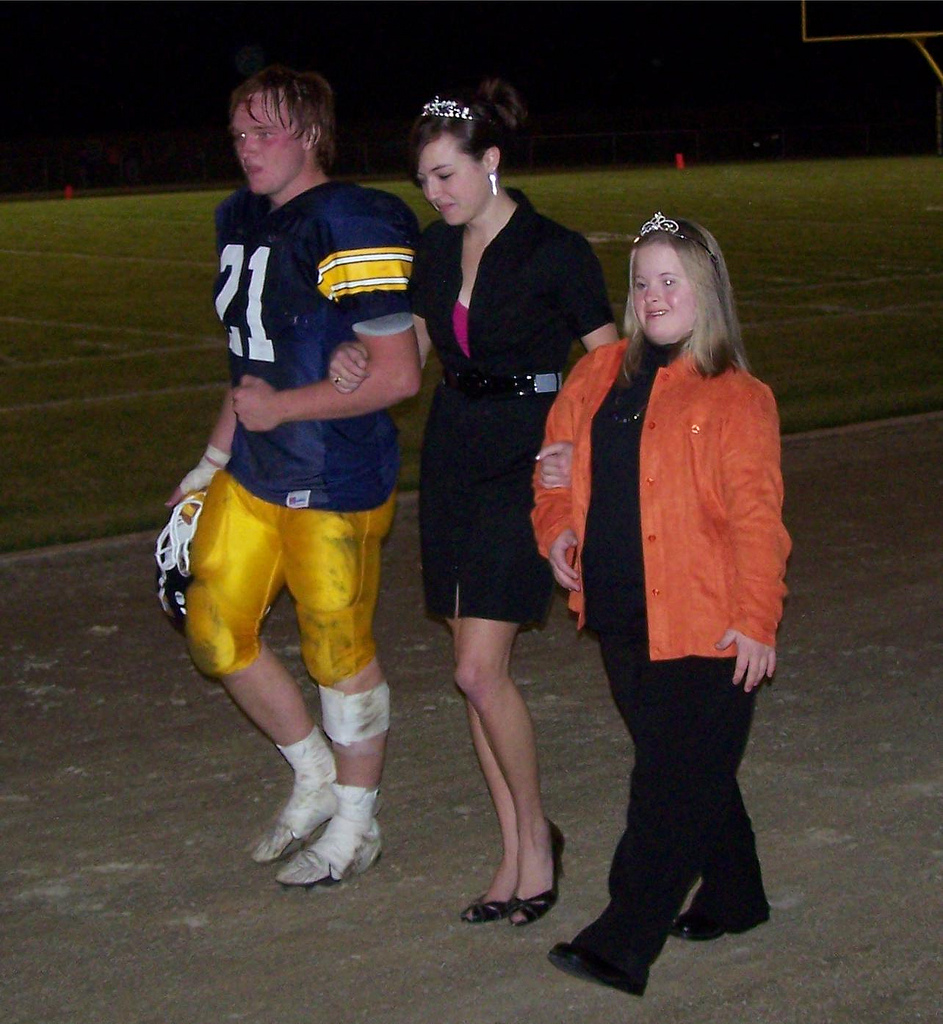


Appy Namatovu Ssempala has worked as a receptionist for three years now at the National Union of Disabled Persons (NUDIPU) in her native country of Uganda. She greets people and helps direct them to the appropriate offices, among other duties. The fact that she cannot hear or speak does not create a negative first impression with visitors, nor does it prevent her from accomplishing her daily tasks. The NUDPIU provides an interpreter for Namatovu, but a pen and paper is generally more than sufficient for communicating.
The only real obstacle she’s faced in her professional life, she tells Daily Monitor reporter Sarah Tumwebaze, was getting the necessary skills to help her advance her career:
‘I got the job but because I was not good at computers, I went for a computer course at Makerere University and another course in management and filing at Nakawa. With these skills, I was a logistics assistant at NUDIPU for 10 years.’ Based on her experience and ability to communicate to people with all kinds of disability, she was asked to work as the office (front desk) assistant and she is holding that position to date.
Namatovu’s story is instructive at a time when career training for people with disabilities is on the rise here in the United States. Adult education expert Dr. Bruce Johnson says approximately 400,000 people with disabilities are currently enrolled in post-secondary education programs around the country.
As a blogger for OnlineCollegeCourses.com, Dr. Johnson obviously touts some of the advantages that online schools provide for people with disabilities, including assistive computer technologies and the opportunity to participate in programs that don’t require transportation. But as programs for these people at brick-and-mortar institutions mature, they demonstrate the valuable interpersonal lessons that extend beyond classroom learning for all participants.
Just last week, Vanderbilt University held commencement ceremonies for its first cohort of Next Steps students. The two-year, non-residential certification program gives people with disabilities the opportunity to audit academic courses in the same classrooms as fully matriculated students and participate in art and dance classes or other extracurricular activities. While the total number of newly minuted alumni is a modest six, the program can claim a 100% post-graduate employment rate.
For the Vanderbilt students who volunteer as “Ambassadores” (a play on the university’s athletics moniker, the Commodores), seeing the Next Steppers take those metaphorical next steps evokes the same, bittersweet nostalgia as any other collegial friendship, as senior Christine Gerwein tells InsideVandy.com reporter Grace Aviles:
‘On the one hand, I’m excited for the graduates as they begin the next chapter of the lives,’ Gerwein said. ‘They all have employment lined up and I know they are going to continue to grow and thrive. On the other hand, I’ve spent so much time developing friendships over the past two years that it really is going to be a hole.’
A similar program is underway at Florida International University in West Miami-Dade. Project Panther Life was borne from the efforts of Liliana Demoya’s to find learning opportunities for her son, Alex, whose own determination seems to have rubbed off on her, as she tells WSVN Channel 7 News:
I think he can teach a lot of students skills that are not academic skills. I think he can teach them strength. He is the most motivated, hard-working person I’ve ever known.
Has ATI’s StarWorks program benefited you or your organization in a similar manner? Please share in the comments section.
Image by Annika Leigh, used under its Creative Commons license.